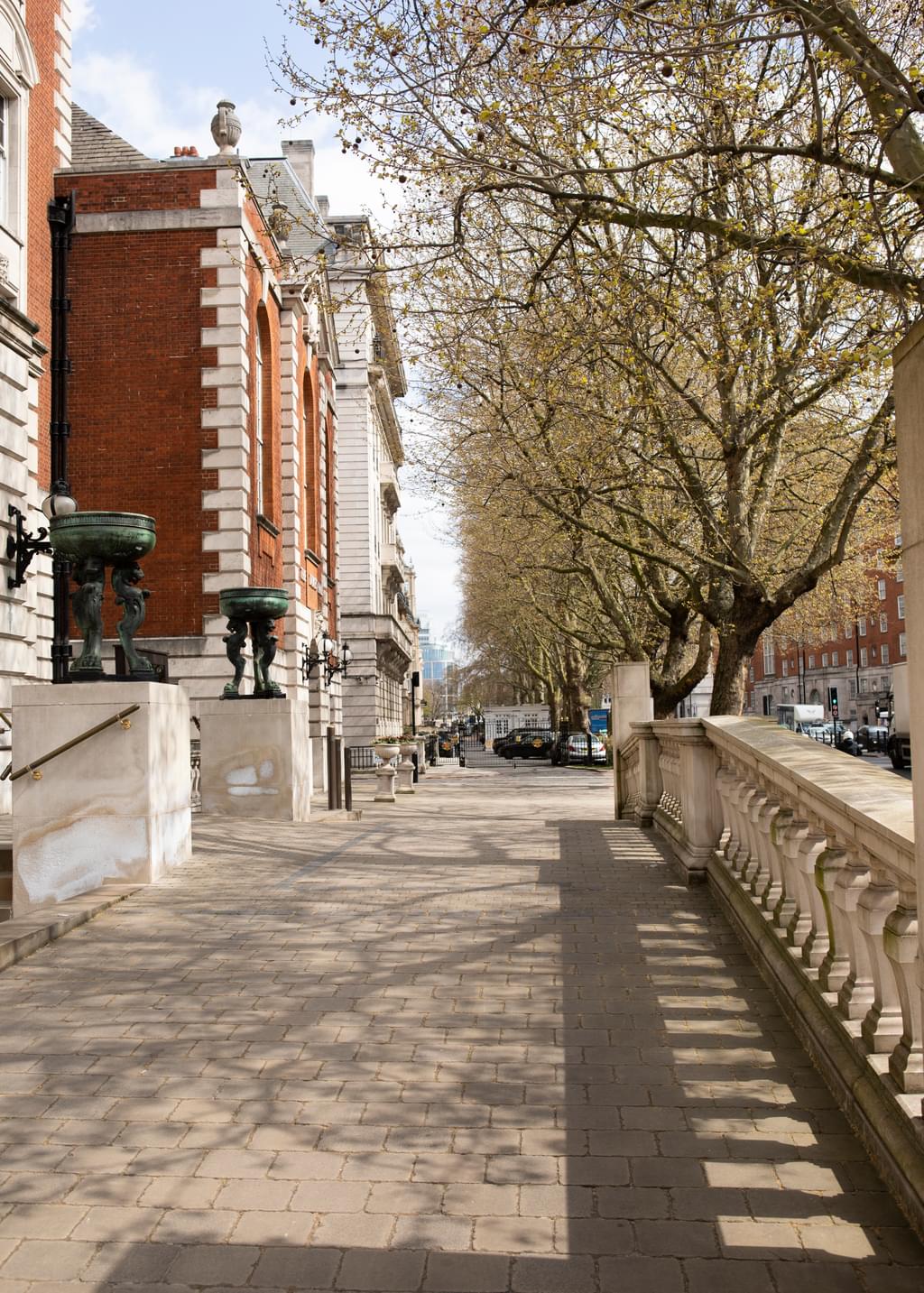Tell us more about what your role involves.
My role is all about providing opportunities, developing programmes and running projects that will increase awareness among a greater range of people of the Academy as a place to develop musicianship and further a career as a musician. The aim is to bridge the gap between us and prospective students who might not think that the Academy is for them, or might not even know the Academy exists, and to make sure that the student population is more representative of the contemporary UK population.
Our Access and Participation Plan covers four areas – increasing the diversity of the ethnicity of the students applying and studying at the Academy; increasing the numbers of students from families with a low household income; targeting students who live in areas where higher education and attainment levels are low; and focusing on those who would regard themselves as having a disability. We know there are reasons why people don’t apply, or think the Academy isn’t for them, and we want to break down the barriers that get in the way of them achieving their full potential.
The role itself is quite challenging as the Academy, of course, has a very high standard, but we believe that there are people across the UK who could be taking advantage of what the Academy has to offer, and there is a range of reasons as to why they’re not taking that forward.
Tell us about the projects and initiatives you are working on.
We’re currently working on two large-scale projects that we will start recruiting for this summer – Community First Strings and Grade 5 Theory Bootcamp.
The Grade 5 Theory Bootcamp will be an intensive week of theory tutoring in the summer, aimed at removing barriers to taking the higher practical exams. For the Community First Strings experience, we are working with two primary schools in Brixton and Spitalfields, introducing initial musicianship and progressing to stringed instruments.
In the meantime, though, I have been running some immediate intervention activities via a series of clubs. They include a Composers’ Club, which we ran for 10 students in February 2020. I’m also working with the Jazz Department, who wanted to do something geared towards getting young people into Junior Jazz, focusing on small ensemble playing and improvisation. We’re also looking at a Percussion Club as there’s been a lack of orchestral percussionists coming through the doors at Junior Academy – probably due to the fact that most people don’t have room for timpani at home! But there’s also a socioeconomic gap between kit percussion and orchestral percussion, so we’re going to do a session introducing orchestral instruments to young people already experienced with piano or drums.
Have you seen any examples of this approach making an impact yet?
We are still in the early stages, but one prime example is a young man from a state school in Haringey who we recruited for the Composers’ Club last year. It was fairly random – we had asked a few state schools, and he put himself forward. After attending the club in February 2020, he then applied to the Academy and was accepted to study on the BMus Composition course. I’m not sure he would have applied had it not been for the Composers’ Club and we really helped his pathway through. We have also been able to offer two bursary-supported places at Junior Academy to participants from our online Audition and Composers’ Clubs for 2021, which happened during the second lockdown.
How can alumni get involved?
We would like to hear from alumni who are aware of individual students or particular schools, teachers or schemes that might benefit from this work. We would also like to hear ideas from those working in the profession about how we can reach out to a more diverse group of potential applicants to the Academy. We want to give greater exposure to the quality of teaching that the Academy can offer, and highlight the breadth of opportunities that there are for a future as a musician.
We want to create a legacy that will actually have an impact on young people’s lives. It’s a challenge, but it's one we are keen to embrace, and if there’s anyone out there with ideas to help, I’d love to hear from you.
If you would like to get involved, contact Claire at ccooke@ram.ac.uk.
